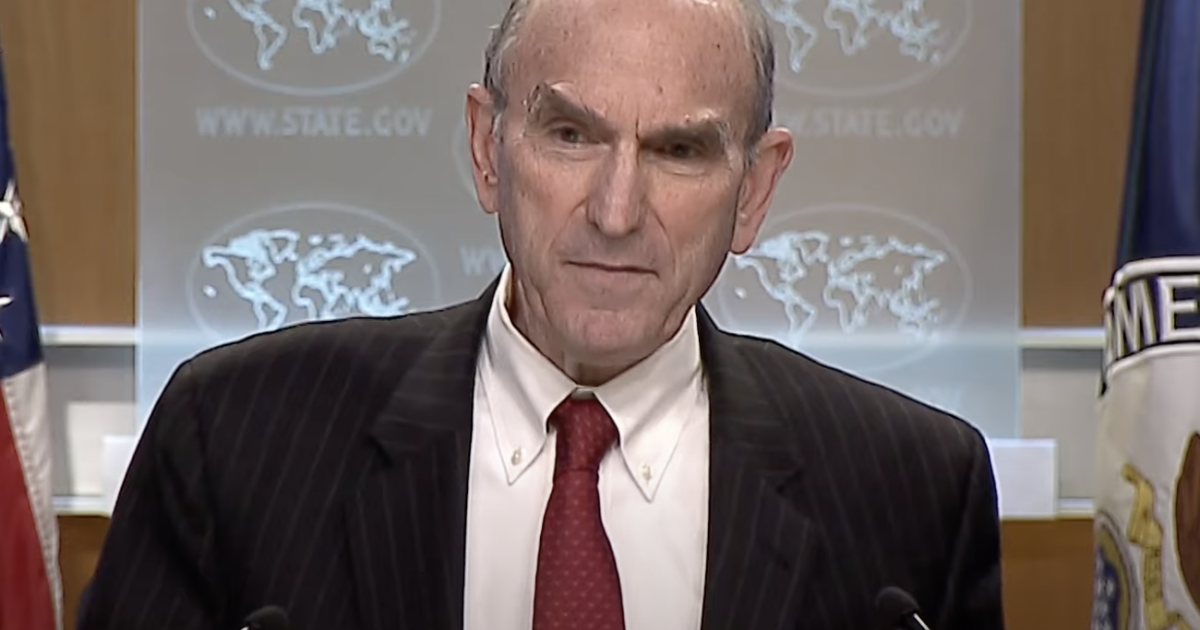
In foreign policy affairs, giving military aid to Israel is generally taken as a given. Anyone who questions it would have generally been labeled an “anti-Semite” — a term that has an ever-changing meaning.
Back in 2017, Eli Lake of The Daily Beast wrote a piece entitled “Some of Israel’s Top Defenders Say It’s Time to End U.S. Aid” indicating a dramatic shift in foreign policy elite opinion regarding aid to Israel.
Since 1971, the US has provided $243.9 billion in foreign assistance (adjusted for inflation) and is the country that has received the most in aid during that time frame.
This aid has continued even as Israel has ascended into first world status. As of 2020, Israel boasts a per capita GDP of $43,689 per the IMF and has a total GDP of $402.64 billion. For perspective, Lake noted that “In 2000, the country’s Gross Domestic Product (GDP) was $124.9 billion.”
It also possesses a sophisticated arms industry and is among the most technologically advanced countries on the planet, as evidenced by the rise of its Silicon Wadi, as one of its principal technological hubs. It has been effective in leveraging its arms industry and tech sector to craft relations with countries such as Azerbaijan (as far as arms concerned) and even China (when it comes to technological cooperation).
Despite Israel’s growing wealth, it is still the recipient of significant US largesse, receiving $121 billion in military aid, specifically, since the founding of the nation in 1948. Many people thought that Barack Obama would be a principled antiwar candidate who would not fall for many of the same interventionist schemes as his predecessor, George W. Bush. However, Obama still signed off on a $38 billion military aid package direct to Israel despite the fact that Israel is growing economically at a steady pace and the country has made several natural gas discoveries.
Surprisingly, some seasoned hawks are beginning to question the nature of this relationship. Elliot Abrams, a former deputy national security adviser to President George W. Bush, the US Special Representative to Venezuela and Iran during the Trump administration, and a staunch pro-Israel advocate, has begun to question dumping untold amounts of military aid to Israel. Abrams stated, “My view is over time it would be healthy for the relationship if the aid diminished. Israel should be less dependent on American financial assistance and should become the kind of ally that we have in Australia, Canada, or the United Kingdom: an intimate military relationship and alliance, but no military aid.”
Naftali Bennett, the current prime minister of Israel, remarked back in 2013, “Today, U.S. military aid is roughly 1 percent of Israel’s economy. I think, generally, we need to free ourselves from it. We have to do it responsibly, since I’m not aware of all the aspects of the budget. I don’t want to say, ‘Let’s just give it up,’ but our situation today is very different from what it was 20 and 30 years ago.”
With new natural gas discoveries, Israeli policymakers have debated the creation of a sovereign wealth fund to bolster the country’s wealth.
“I have heard discussions of a sovereign wealth fund, by which the Israelis mean they want to handle the revenues carefully the way Norway does and not waste them,” Abrams commented. “But I do not believe a country that has a sovereign wealth fund can be an aid recipient.”
Ironically, other neoconservative figures such as David Wurmser, one of the authors of the 1996 “Clean Break Memo” and an adviser to Vice President Dick Cheney, called on Prime Minister Benjamin Netanyahu to cut off US economic assistance to Israel. Wurmser believed that it was time for Israel to graduate from being a “tenuous project” to a “real country.”
“The aid both implied a lack of feasibility of the state as well as tying the state’s hands and reducing its freedom to maneuver,” declared Wurmser. “Both of which are inappropriate for a truly independent country, which it had become in this period.”
Indeed, it is interesting to see some elements of the interventionist Right to question giving military aid to Israel now that it’s on pace to becoming a first world country. However, very little progress has been made on the issue and there’s a blind devotion to the country, when there are numerous examples of Israel’s interests colliding with those of the US. For example, when it comes to confronting Iran (A country that poses no conventional military threat to the US) or China (A country that Israel has sold US military secrets to).
Since Israel is a developed country, it should no longer receive US military aid. In addition, it should have full autonomy over its foreign policy and be forced to assume the full costs of its foreign policy decisions. The US should not be roped into Israel’s problems.
There comes a point when American national interests evolve over time and certain “allies” of yesteryear no longer share said interests. Sober foreign policy minds should calibrate this relationship and take a more neutral stance towards Israel.



